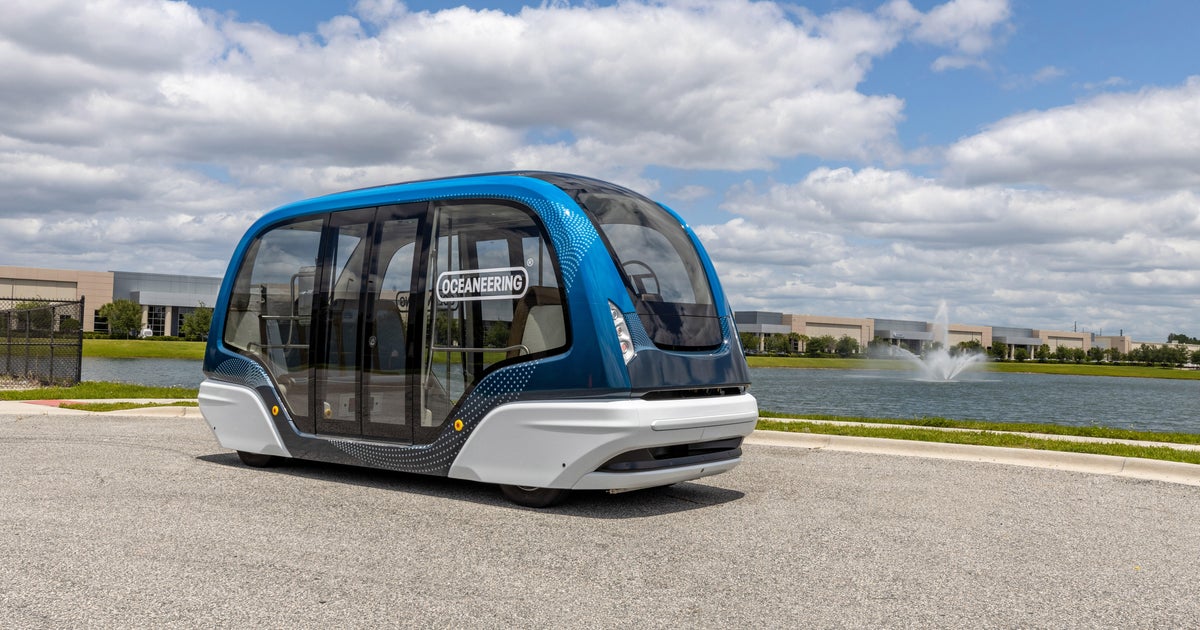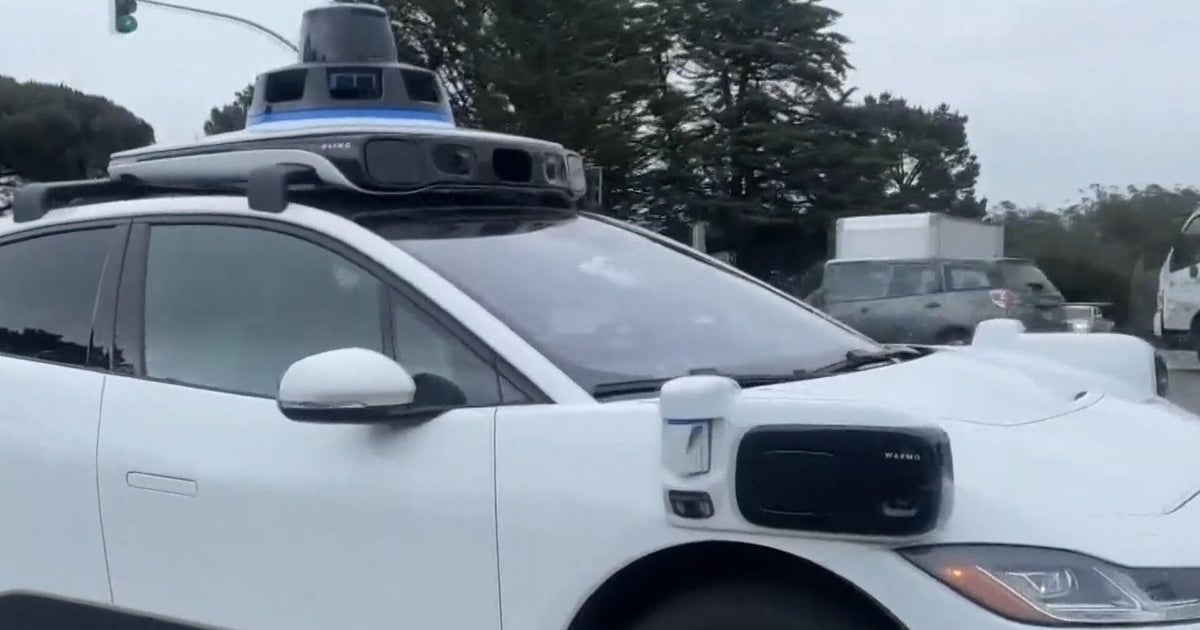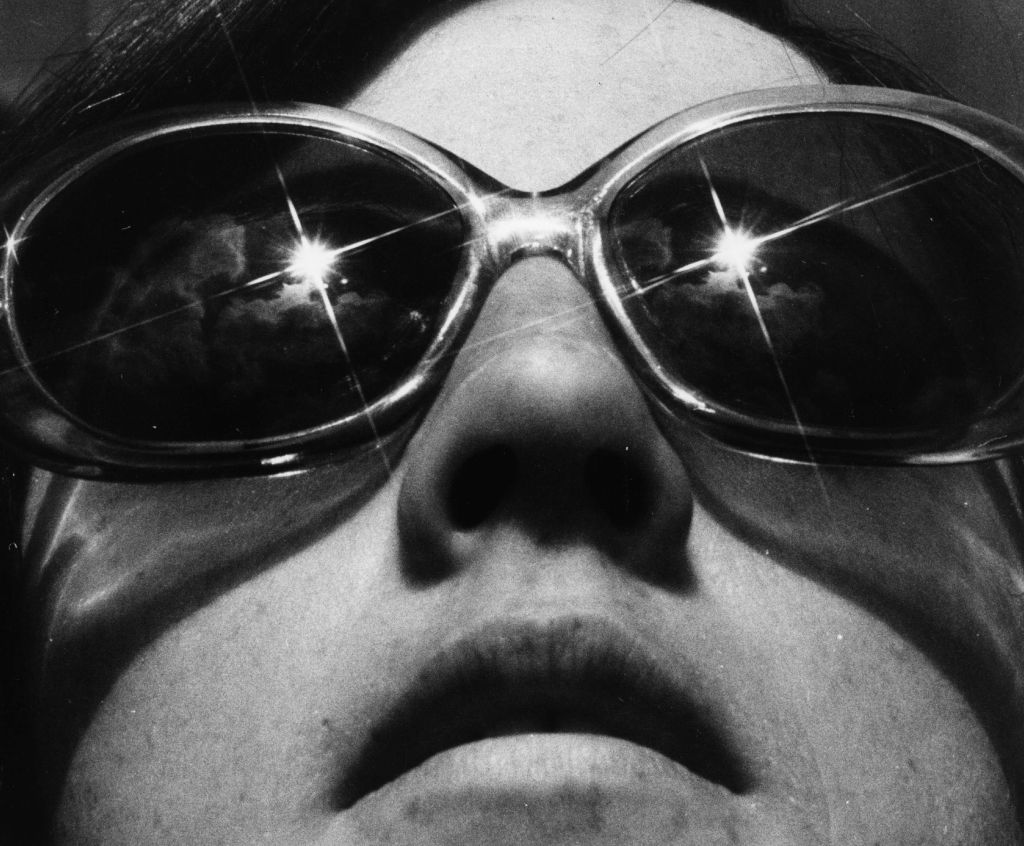Self-driving passenger vans hit the road in Texas city
Self-driving vans will carry passengers for the first time this morning in Frisco, Texas, north of Dallas, where the app-based service drive.ai starts a six-month pilot project in Frisco, north of Dallas. They are the first company to launch a self-driving test with passengers since an Uber SUV in autonomous driving mode hit and killed a pedestrian in Arizona this year.
Correspondent Kris Van Cleave took a ride with Ryan Thompson, who was among the first to sign up to use the new autonomous vehicle service launching today.
His first ride started by pushing a green button.
Van Cleave asked, "Are you anxious at all?"
"A little!" he laughed. "This is something that you hear about on the news, or online or whatever. But you don't really get a chance to experience yourself."
The vans will operate in autonomous mode on a nearly two-mile route, with a safety driver on-board, going between a giant office park with 10,000 workers and a nearby dining and entertainment complex.
Over the next six months, the company plans to add more destinations – and phase out the safety driver.
Conway Chen, a vice president at drive.ai, said, "What we're trying to do is provide transportation solutions for people between work [and] play."
Drive.ai joins Waymo, owned by Google's parent company, in running self-driving vehicles with passengers. Uber stopped its passenger tests after its crash in March killed a pedestrian.
Van Cleave asked, "You feel like that type of accident is an avoidable accident?"
"It is something that we have absolutely designed around," Chen replied, "and we are taking every precaution that we can to make sure that type of incident doesn't happen."
The vans have radar on the grill, infrared Lidar sensors, and 10 cameras on the roof to give them a 360-degree view of the road. They also feature screens on their sides, front and rear alerting pedestrians and drivers to what the driverless car is doing.
Inside, a screen shows passengers what the car sees...
When asked if he has any safety concerns with the pilot program's launch, Frisco Mayor Jeff Cheney said, "I feel very strongly that this is very much a test and to get pubic acceptance, but when we come back and look at Frisco five years from now, ten years from now, these will be all over our roads."
Testing self-driving cars on public roads remains controversial, as federal regulations are stalled on Capitol Hill. Recent polls show nearly 70 percent of Americans are uncomfortable sharing the road with an autonomous vehicle. Only 21 percent say they'd be likely to ride in one.
"They should be using proving grounds right now; it's simply too dangerous," said Automotive News editor-in-chief Keith Crain. "Proving grounds are the place to test unproven technology. There's a lot of great stuff in the autonomous vehicle, but we don't know if they work yet."
Meanwhile, Ryan Thompson went from skeptic to super-fan in about two miles.
Van Cleave said, "It's trippy to be in the car that's driving itself."
"It's very trippy," Thompson said. "I would hop in this without a driver in a heartbeat, I'm that confident, and we've been in doing this for a couple minutes."
If the six-month pilot goes well, the plan is to expand the service to more of Frisco, and make the program a permanent fixture there.






